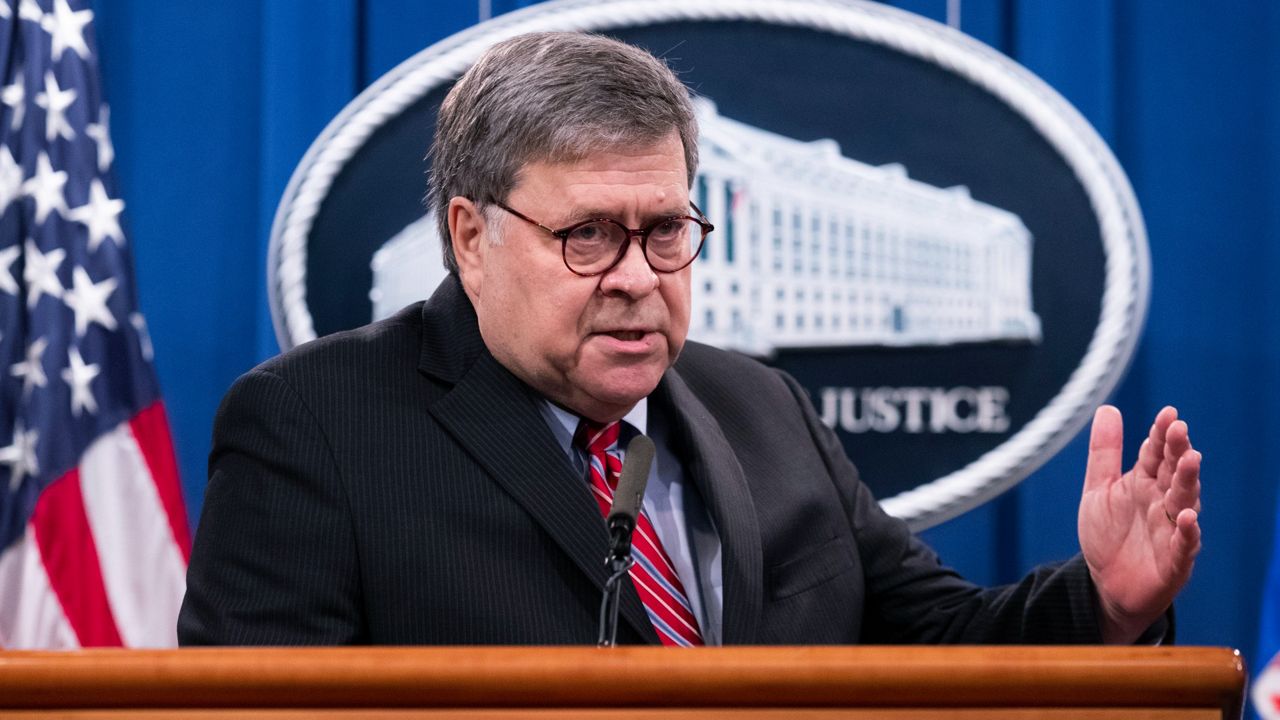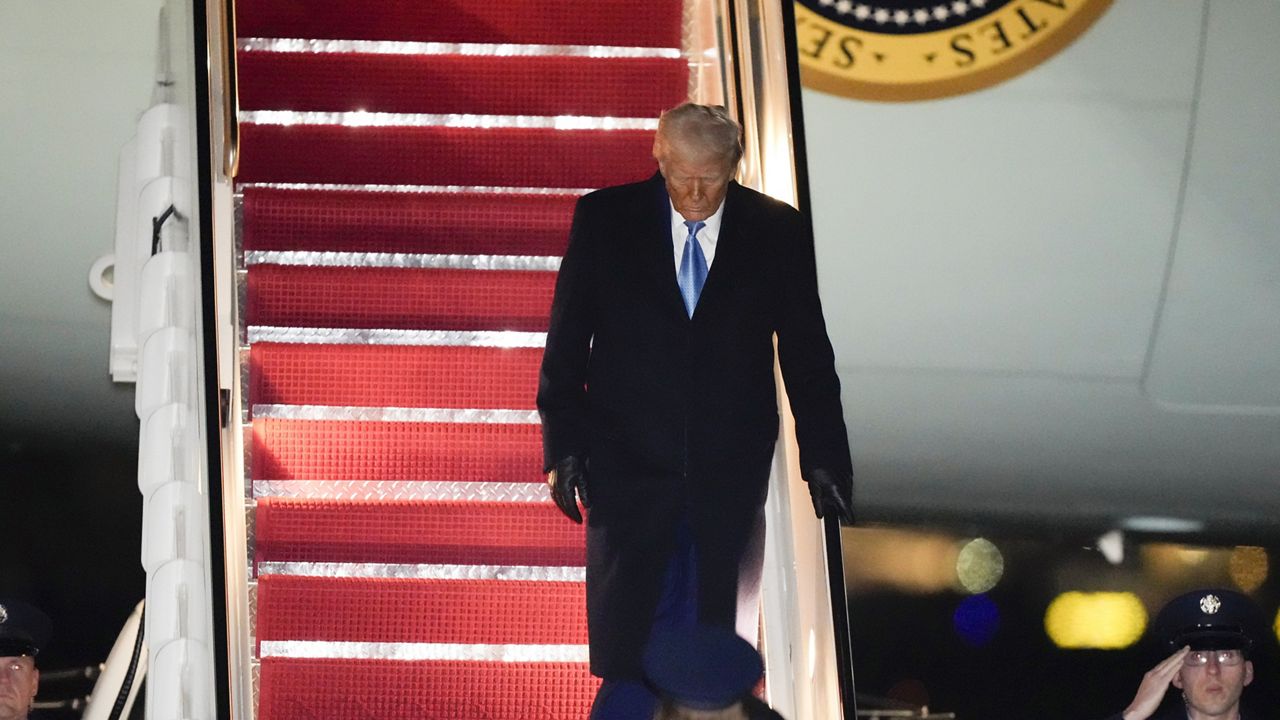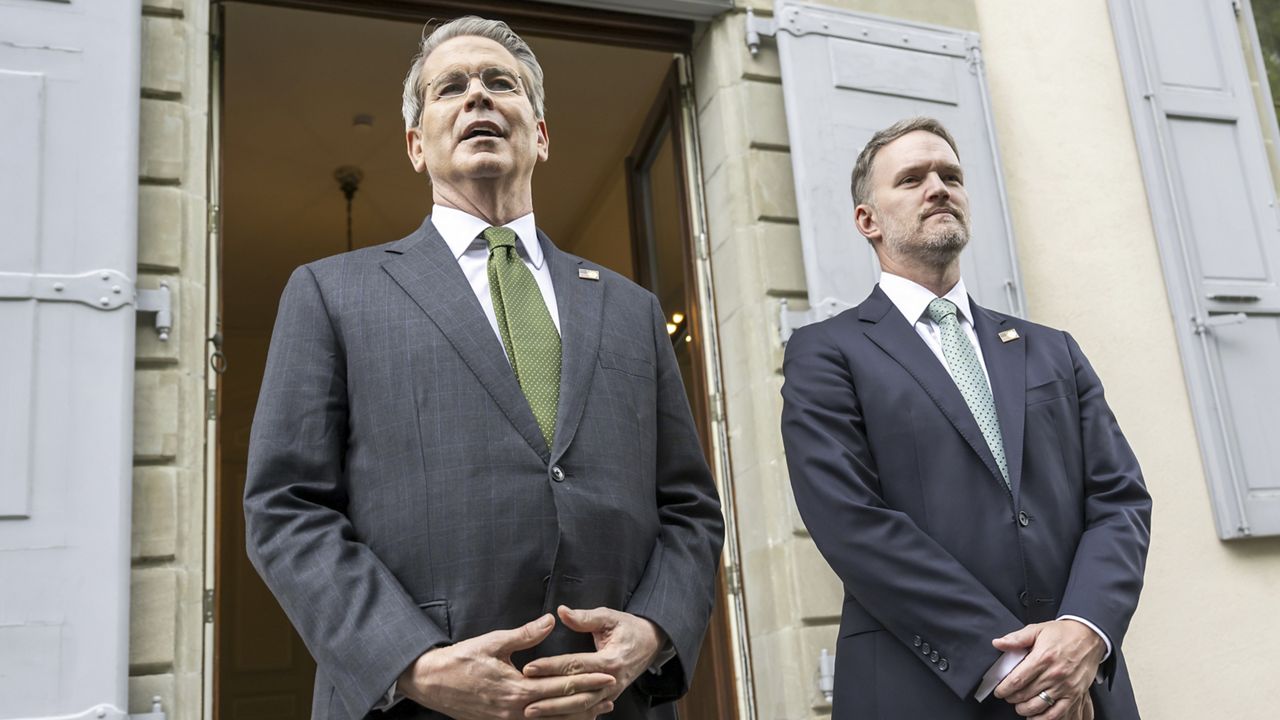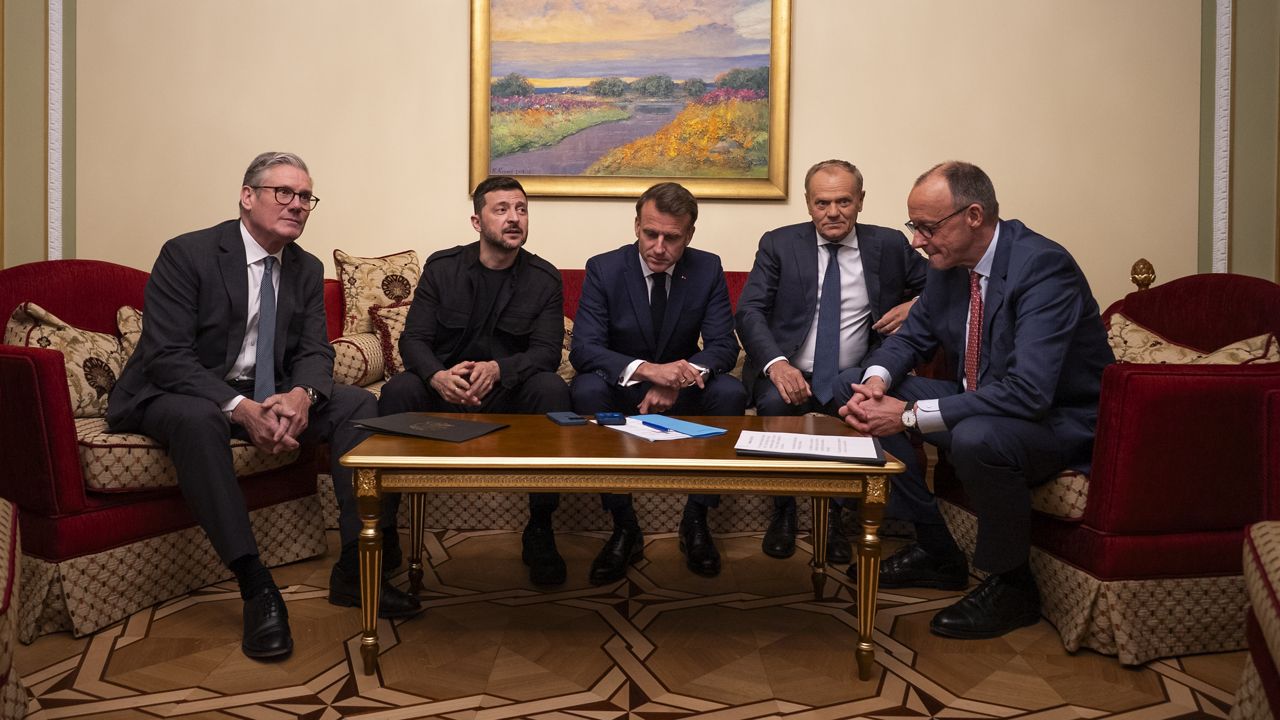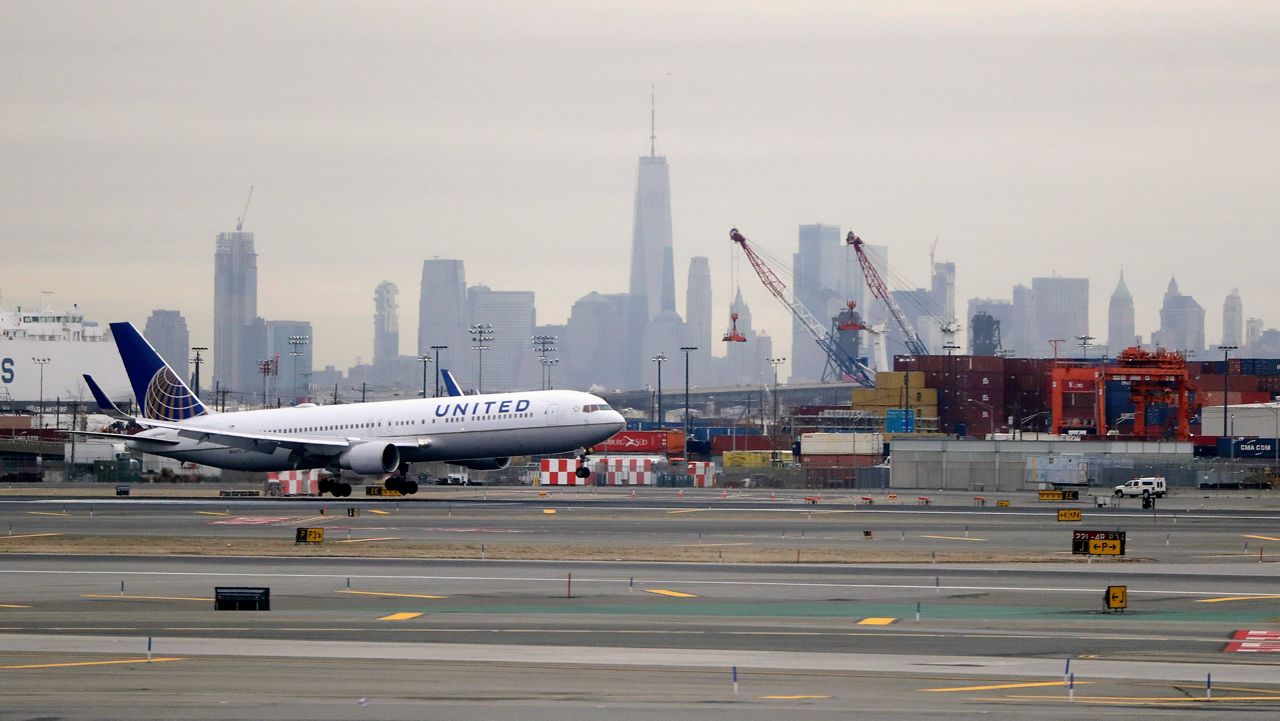The Department of Justice’s watchdog issued a scathing report Thursday criticizing former Attorney General William Barr and an ex-federal prosecutor for publicly disclosing information about a 2020 investigation that former President Donald Trump cited as an example of election fraud.
What You Need To Know
- The Department of Justice’s watchdog issued a scathing report Thursday criticizing former Attorney General William Barr and an ex-federal prosecutor for publicly disclosing information about a 2020 investigation that former President Donald Trump cited as an example of election fraud
- DOJ Inspector General Michael Horowitz examined public statements about a September 2020 investigation into an election bureau employee in Luzerne County, Pennsylvania, throwing nine completed ballots in the November election into a dumpster
- David Freed, then the U.S. attorney for the Middle District of Pennsylvania, issued a public statement about the probe, and Barr briefed Trump on particular facts about the investigation
- Horowitz’s report said Freed revealed “selective details” and omitted facts that undercut the narrative that the incident was proof of election fraud
DOJ Inspector General Michael Horowitz examined public statements about a September 2020 investigation into an election bureau employee in Luzerne County, Pennsylvania, throwing nine completed ballots in the November election into a dumpster.
David Freed, then the U.S. attorney for the Middle District of Pennsylvania, issued a public statement on Sept. 24 confirming that “a small of number of military ballots were discarded” and that “all nine ballots were cast for presidential candidate Donald Trump.”
In addition, Barr briefed Trump on particular facts about the investigation, something the inspector general said he was “troubled” by. To protect its fairness and nonpartisanship, the Justice Department has a longstanding policy limiting its communications with White House officials about investigations.
Trump, who falsely claimed before and after the incident that increased mail-in voting would be rife with fraud, his campaign and his son Eric were among those who posted about the investigation on social media while arguing it was proof Democrats were plotting to steal the election.
Horowitz’s report said Freed revealed “selective details” that “suggested that the actions of the individual who engaged in the conduct were intentional and likely chargeable criminally.” But DOJ leadership had information at that time “that substantially undercut this narrative—including that the subject of the investigation was mentally impaired, appeared to have discarded the ballots by mistake, and would likely not be criminally charged,” the inspector general said.
The Justice Department determined before Election Day that no charges would be filed in the case, but it did not tell the public until well after the election.
“We found that Barr encouraged and authorized Freed to issue the initial MDPA statement and specifically approved inclusion of the details about the discarded ballots, including that all the recovered ballots had been cast for President Trump,” Horowitz wrote.
Horowitz said Barr’s actions were inconsistent with the DOJ’s policy prohibiting employees from commenting publicly about ongoing, uncharged investigations as well as his own guidance warning employees to “be particularly sensitive to safeguarding the Department’s reputation for fairness, neutrality, and non-partisanship” near an election.” But the inspector general determined Barr did not violate any policies because the attorney general is given wide discretion to determine what information can be shared.
The watchdog, however, found Freed violated department policies that prohibit comments on ongoing criminal investigations before charges are filed and that require U.S. attorneys to consult with the department’s Public Integrity Section and the affected agency — in this case, the FBI — before issuing a public statement.
Horowitz recommended the Justice Department consider updating its White House communications policy to clarify what information can be disclosed to the White House about an investigation.
Barr declined multiple invitations to be interviewed by Horowitz. In a Jan. 5, 2021, letter to the inspector general, the former attorney general said he was aware at the time Freed’s statement was issued that “local officials had already publicly announced that the U.S. Attorney was engaged with them on the investigation,” resulting in “significant public interest” that he believed warranted “further revelations of information.”
He also said he thought releasing the statement would help demonstrate that the DOJ was “vigilant and responding quickly to credible allegations of unlawful interference in the election.”
Barr did not address why key facts about the investigation were omitted from the statement or why he wanted Freed to include that the discarded ballots were cast for Trump.
Freed told the inspector general he thought the public statement was appropriate because he “was greatly concerned that things would not be done the right way” due to the “history of corruption and patronage in northeastern Pennsylvania” and the “real uncertainty going on around Pennsylvania’s elections”— referring to legal challenges over a state law allowing all voters to cast mail-in ballots.
Freed insisted he was not motivated by political considerations or potential concerns about his job security.
Trump alleges, still today, widespread fraud cost him the 2020 election. Barr told him in December 2020 he had “not seen fraud on a scale that could have affected a different outcome in the election.”
Ryan Chatelain - Digital Media Producer
Ryan Chatelain is a national news digital content producer for Spectrum News and is based in New York City. He has previously covered both news and sports for WFAN Sports Radio, CBS New York, Newsday, amNewYork and The Courier in his home state of Louisiana.




